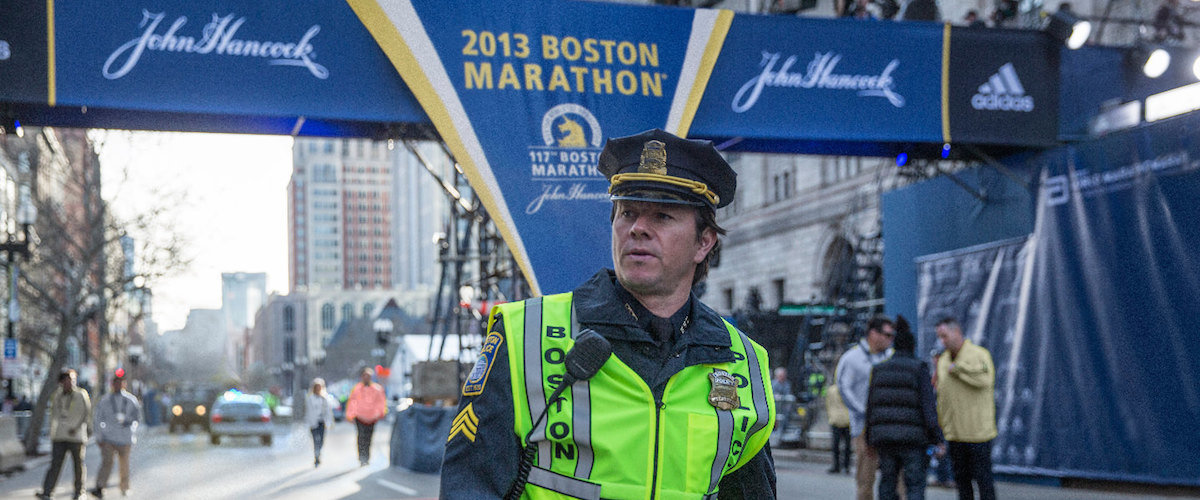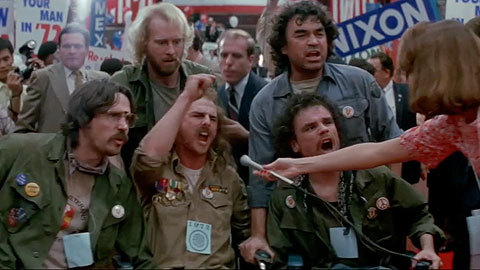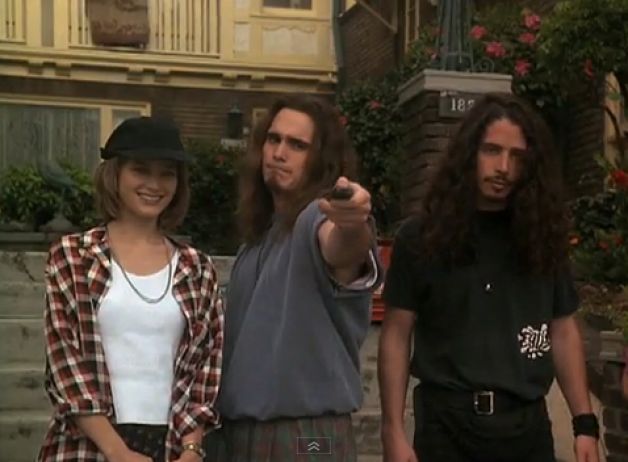
Directed by: John Hamburg
Starring: Bryan Cranston, James Franco, Zoey Deutch, Keegan Michael-Key, Megan Mullally, Griffin Gluck, Cedric the Entertainer
Why Us? is a more appropriate title for this movie. What did we as an audience do to deserve it? We paid our hard-earned money to see this "comedy" in the hopes of being entertained or at least mildly amused, yet we are subjected to something that seems designed to make the viewer as uncomfortable as possible. Why Him? does not have an original plot and there is nothing fresh about how it is treated here. In fact, writer-director Hamburg recycles his formula from Meet the Parents, which compared to Why Him? is a Best Picture contender. But, it ups the ante on slapstick, gross-out humor, unlikable characters, and then tries to reverse course and become earnest. Ugh.
Where do I begin? Let's start with Laird (Franco), a California tech billionaire dating the daughter of Midwest printer company owner Ned Fleming (Cranston). After an inauspicious introduction to Laird while on Face Time, Stephanie (Deutch), invites her family to California for Christmas to meet Laird in person and see what a wonderful guy he is. How someone as bright and pretty as Stephanie can fall for an obnoxious creep like Laird is one question the movie never answers. Laird does not make a favorable impression. He says "fuck" and "motherfucker" nearly every other word (much to Stephanie's chagrin). He yells obnoxiously and obscenely flaunts his wealth, which involves serving sea urchins and California bear for dinner courtesy of his live-in chef. He all but hits on Stephanie's mother Barbara (Mullally) and behaves with too much uncomfortable familiarity with the others. Laird is repellent and even more so when he tries to be nice. Stephanie says he is simply trying too hard to impress Ned. My advice: Try a lot less hard.
Ned, not unreasonably, doesn't like Laird and definitely doesn't like his idea of proposing to Stephanie on Christmas Eve. The movie then encroaches on Meet the Fockers territory as Ned tries to do some undercover research on Laird and fouls up considerably. Laird's firewall includes Laird's face superimposed on an octopus which violates an avatar of the hacker with forced anal sex. What is it with James Franco and movies with unfunny homoerotic humor? Is at least one homoerotic joke per movie spelled out in his contract? If so, why?
Why Him? is a question Ned asks his daughter openly. She defends him as a sweet, caring guy despite all evidence to the contrary. Everybody gets into the act of being loud, shrill, or rude, including a Siri-like disembodied voice voiced by Kaley Cuoco. Even she swears. Nothing in Why Him? is funny or even inspired. It is a dead zone. There are many talented people involved in Why Him?, which feels like a day off for them and wastes their time that could've been devoted to catching up on sleep.






